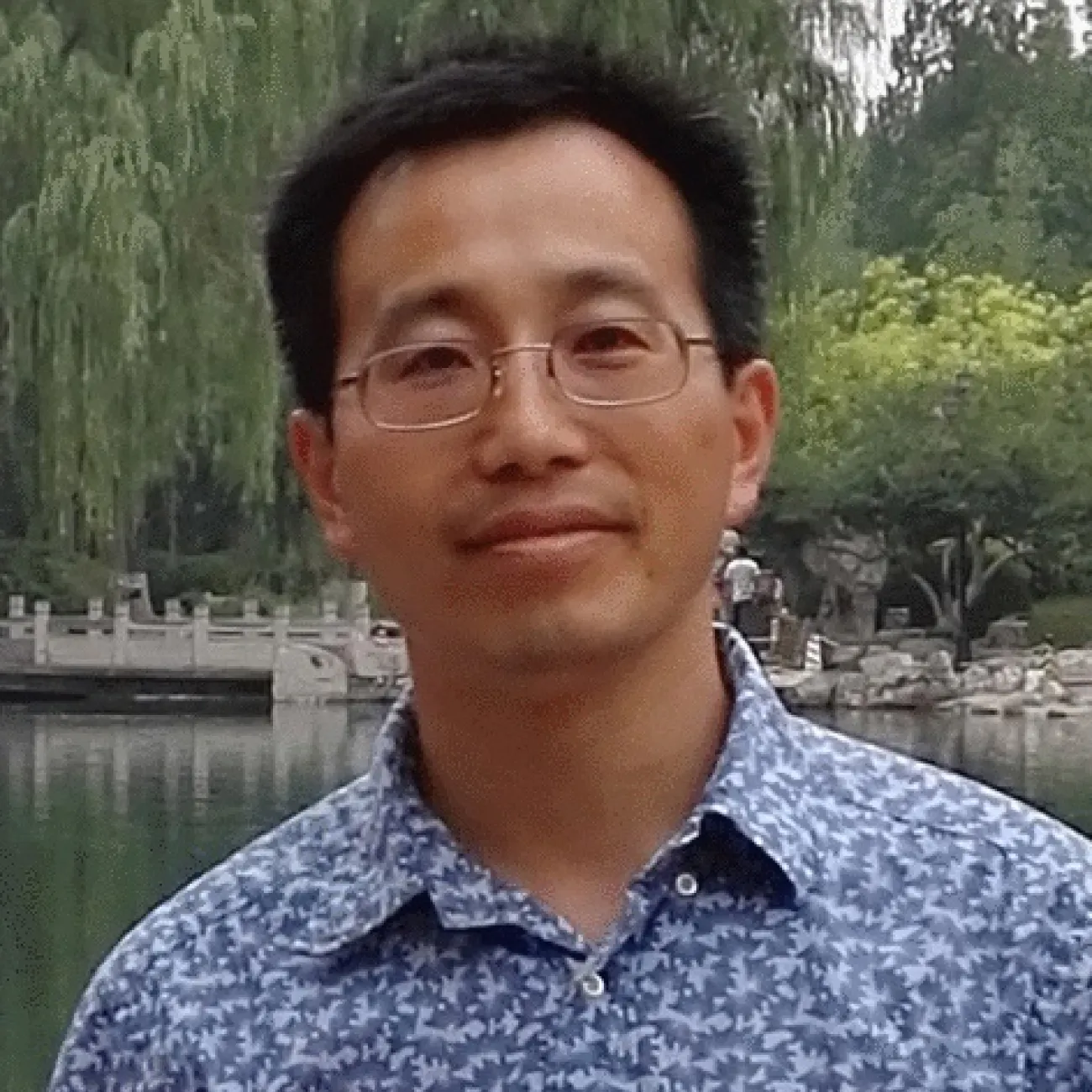Research
Research groups
Research interests
- Cell Signalling in Disease
- Epithelial-Mesenchymal Crosstalk
- Pulmonary Fibrosis
- Precision Oncology
Current research
Pulmonary fibrosis (PF) is a life-threatening condition of the lungs where the tissue becomes thickened, stiff, and scarred, limiting the amount of oxygen getting into the blood. With less oxygen in the blood, patients with PF can get breathlessness from everyday activities like walking. The prevalence of PF is increasing with an ageing population and its burden after COVID-19 recovery could be substantial. Our recent study suggests that at 12-month after discharge, residual abnormalities of lung function were observed in one-third of patients following COVID-19 related hospitalisation. As approved therapies for PF only slow disease progression, there is a significant unmet medical need.
We reported recently that in PF, due to the abnormal communications within the lungs, healing continues to occur resulting in the build-up of stiff scar tissue that affects the ability of the lungs to function properly. The long-term of my research aims to provide effective targeted therapies for sufferers to reduce symptoms of this devastating disease and improve their quality of life as well as to identify biomarkers for PF patients.
